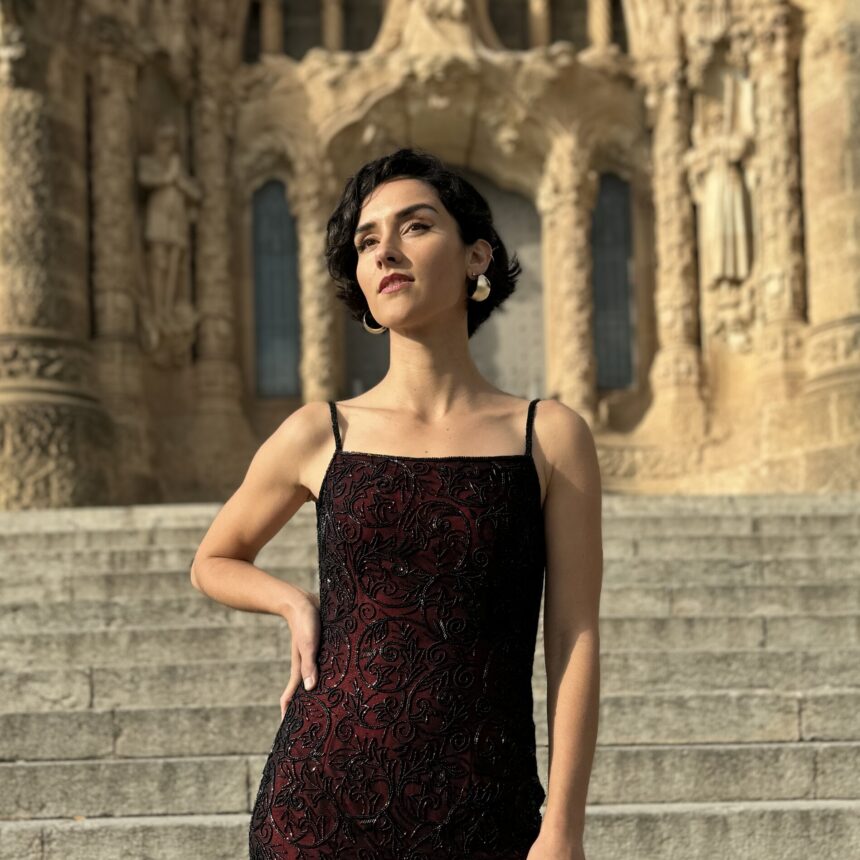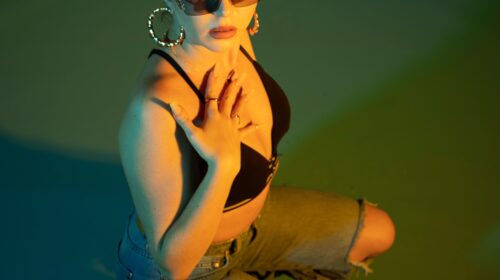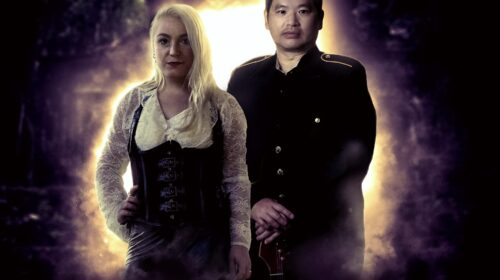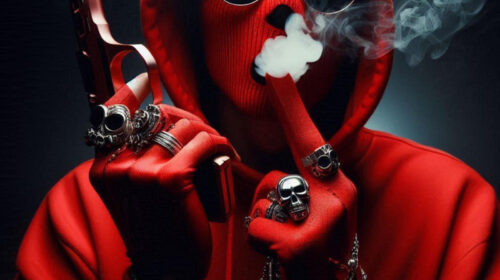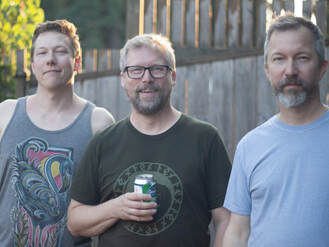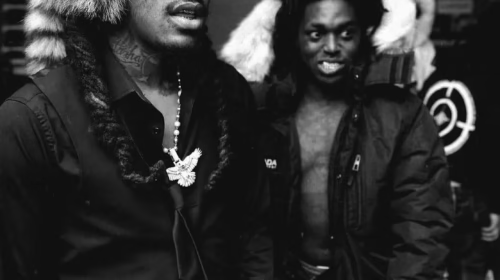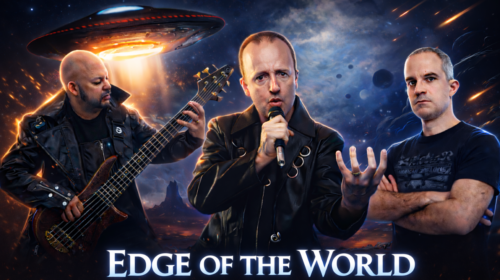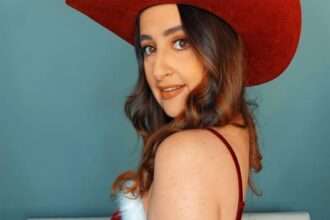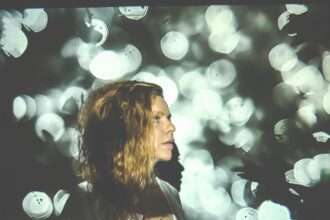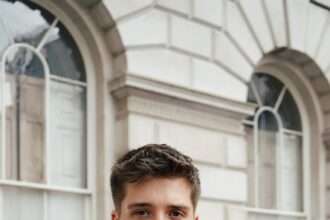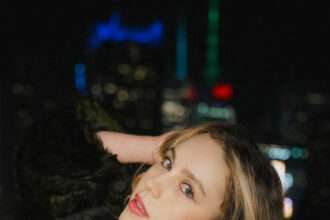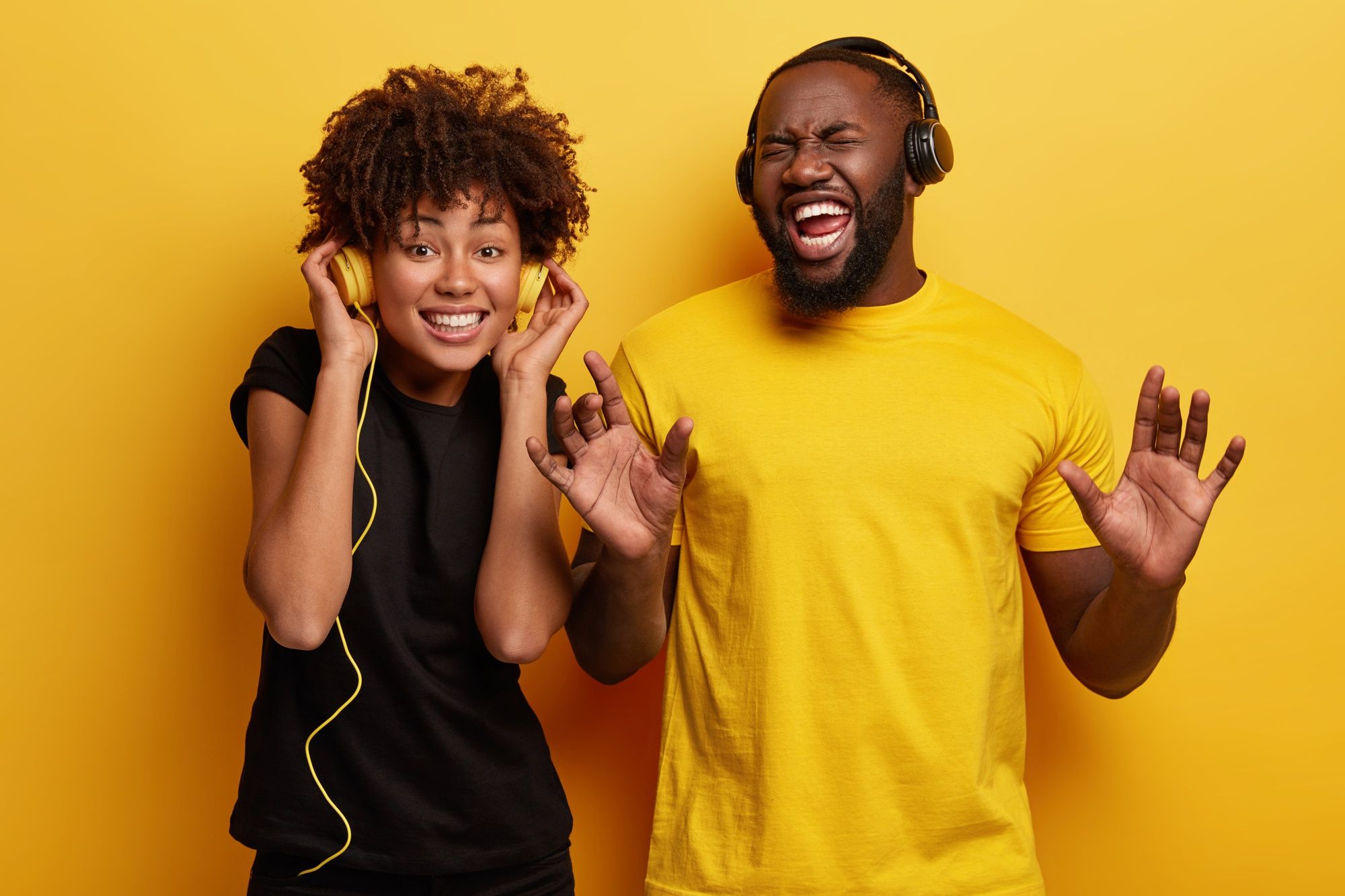Chloe Youtsey is a singer-songwriter and jazz musician whose journey as an indie artist is as unique as her sound. Growing up in a military family with her father serving as an Air Force pilot, Chloe’s early exposure to music was shaped by her transient lifestyle, moving between different stations around the world. Despite her deep passion for singing, she initially assumed a future in the military. However, a pivotal moment during her high school years, inspired by artists like Diana Krall and the encouragement of her jazz band teacher, set her on the path to pursuing a career in music.
In this interview, Chloe shares insights into her distinctive style, which blends smooth tones with rhythmic sensitivity and a playful approach to music. She discusses the challenges she’s faced as an indie musician, from navigating the business side of music to overcoming the hurdles of self-promotion in the digital age. Chloe’s songwriting process is deeply visual and introspective, drawing from themes of love, faith, and personal accountability. With a desire to release more music and eventually perform in renowned jazz venues, Chloe remains committed to bringing her authentic voice to the world.
Join us as we dive into Chloe Youtsey’s musical journey, exploring her inspirations, creative process, and aspirations for the future.
Can you tell us about your journey as an indie musician? What inspired you to pursue a career in music?
Singers usually have been singers their whole life and I’m no exception, but because of my upbringing, I just assumed I’d end up in the military. My dad was an Air Force pilot with several stations around the globe, so growing up the only examples of professional musicians in the real world were folks I saw at a distance in the military bands (which did not look appealing) or bigger name artists rolling through on a USO tour like Elliot Yamin and Hootie and the Blowfish.
I was afforded some typical opportunities of school programs and private study on a smaller scale like kids living stateside had, but because of the moves, I spent a lot of time learning pop songs by ear between teachers, which would sometimes be a year or two. By the time I moved to the states again in 2011 I was thrust into an American environment where my peers had had access to formal training, and I felt very behind. I was encouraged by my new teachers that what I lacked in strict training I could make up for in natural feel. By the time I graduated high school, I’d discovered Diana Krall, and my senior jazz band teacher pretty much singlehandedly convinced me that it was possible I could have a career in music.
How would you describe your unique style and sound as an artist? What sets you apart from other musicians?
Well, I can say that every singer is going to be lead by their values, and what matters most to me musically is being on pitch, being in the pocket, & taking musical risks. Personally, I try not to take anything too serious and just have a ton of fun. I have a smooth tone, I only use vibrato when it’s necessary, and the groove will tell half the story of the song. I’m not really known for belting, in fact I’d say I’m still working on accessing my high register without sounding like a BeeGee.
People say all the time that I sound like Norah Jones, Alicia Keys, and Nina Simone, and what do they have in common besides they are women that play the piano? Absolutely nothing, so you can bet I actually sound nothing close to them. Lately I’ve gotten that I sound like Celine Dion? Except I’ve never casually put her on, like ever? Ultimately in me you’re going to get a voice that is really rhythmically sensitive, because I usually am sharing brain power to play keys pretty actively and I’m usually leading the band with piano & vocal energy.
Could you share some of the biggest challenges you’ve faced as an indie musician and how you overcame them?
After college, you realize all the things you weren’t taught, one of them being the art of business and self-marketing. In the early years post-graduating, I had some minor real-world experience outside of school bands, but jumping in a city headfirst into the gigging world wouldn’t have happened if it hadn’t been for more established musicians who were willing to share what they had with me, that in networking and job opportunities.
Lucky for me, I had one jam session early on that opened up a bunch of opportunities and I slowly but surely expanded my network in a big city known for supporting live music. In the last couple years, having two children and moving to a city that does not boast the same opportunities, the challenge has been how to market myself beyond the local area and get a handle on the godforsaken environment that is ever-changing Instagram algorithms. I’m overcoming those obstacles simply by continuing to learn and move forward, and work with people who are excited to grow together.
What is your creative process like? How do you approach songwriting and composing music?
I am usually a spontaneous writer. I do not do that thing of writing something everyday just to practice the muscle. I think if you are interesting thinker you will have interesting songs. I approach songwriting with a visual in mind – I have a situation, there is a moral to every story, can I paint a mental picture with all the tools I have available in text, music, rhythm? Some songs have been melody-first, some have been lyrically driven, some have been groove-forward, and I’ll tell you the ones that take the longest to write because they’re the hardest for me to paint a mental picture of is groove-forward songs. I am currently sitting on a batch of poems I wrote in Barcelona that I want to turn into songs, and that’s a good example of what is typical to me also, which is writing lyrics first.
Are there any particular themes or messages that you aim to convey through your music? What inspires your lyrics?
Love, God, and taking personal accountability for your choices usually drive my songs. I know that is the most boring answer you can find among songwriters, I’m not trying to be edgy or change the world. We can only change ourselves, and ultimately I write for me. I write a lot about fidelity, the love of God, choosing the hard but virtuous choice over the thing that feels good, because that’s the way I’ve tried to orient my life. Did you know life is hard? Choose your hard, let others choose theirs. I have written songs to battle with depression, difficult pregnancies, natural childbirth, heartbreak, and I find strength in God. I believe that we prove what we believe by our choices, not our abstractions about what “should” be. Songs are mantras, I don’t want to leave anyone feeling gross and sticky after listening to one of mine.
What are your long-term goals as an indie musician? Where do you see yourself and your music in the next few years?
I’m about to release some jazz standards and originals and I’d like to develop a pace of getting more of my stuff out there consistently. Long term, I’d like to periodically get to take a band on the road and perform my original sets in different cities in real jazz venues. It’d be one thing if there was one super close to me that I could make a residency out of – perhaps that is step one. I would like to get as many songs as I can out of the ether and into the real world. I hope my music starts to catch up to where my headspace has been lately – more in a funk gear. Right now my songs still sound pretty pop-singer/songwriter.
Social Media
Instagram: @chloeyoutsey
Facebook: Chloe Youtsey Like!


